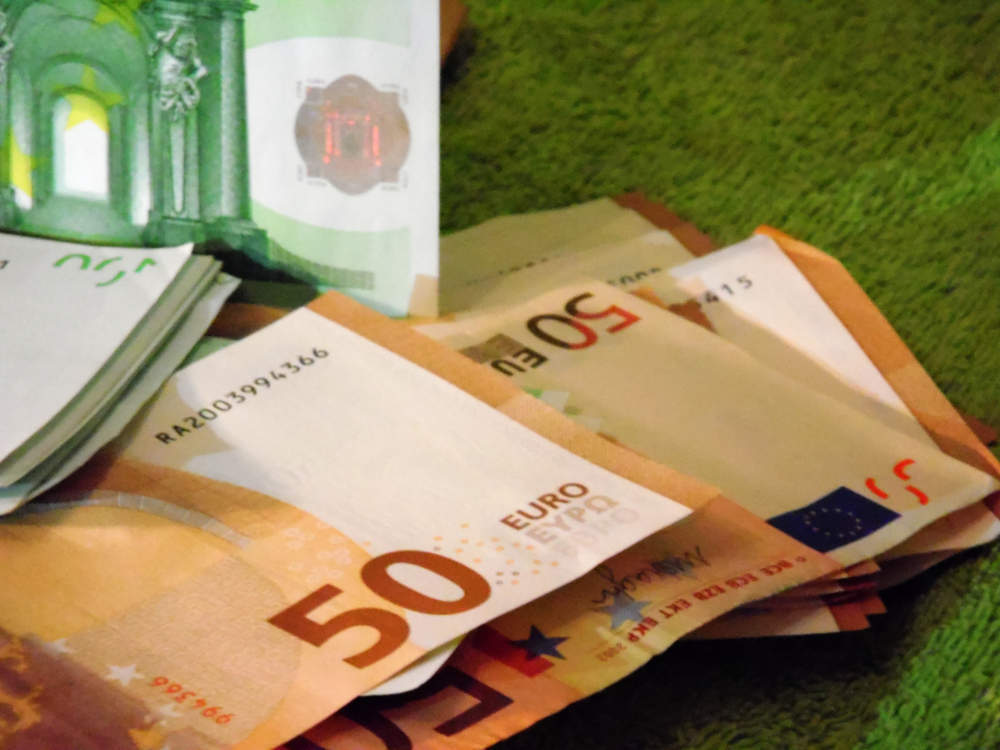
Germans are finally spending more money on cards and internet transfers than cash.
That’s according to a new survey from Bundesbank. The study found that in 2017, cash only accounted for 47.6 percent of German transactions. That figure was 53.2 percent in 2014. It’s also the first time that cash spending has dropped below half of transactions.
The study seems to show that cash is losing ground to card payments which were up to 39.4 percent of transactions. In 2014, that figure was just 33.4 percent.
The final slice of transactions came from internet payments. However, these only accounted for 3.7 percent of total transactions.
What was said:
However, in spite of the success of card and digital transactions, there’s no question of pivoting to plastic only, according to Bundesbank president, Jens Weidmann:
“(Getting rid of cash) would be the wrong, completely disproportionate response to the policy challenges of the zero lower bound.
How well do you really know your competitors?
Access the most comprehensive Company Profiles on the market, powered by GlobalData. Save hours of research. Gain competitive edge.
 Company Profile – free sample
Company Profile – free sampleThank you!
Your download email will arrive shortly
Not ready to buy yet? Download a free sample
We are confident about the unique quality of our Company Profiles. However, we want you to make the most beneficial decision for your business, so we offer a free sample that you can download by submitting the below form
By GlobalData“The same goes, obviously, for the introduction of digital central bank money with the aim of crowing out cash and enforcing negative rates across the board.”
Why it matters:
While many fellow wealthy European countries including Britain and Sweden began prioritizing cards many years ago, this marks a first for Germany.
A recent study from the European Central Bank found that Germany and Austria are jointly the biggest users of cash in the eurozone’s core (the richest area.)
Meanwhile, central bankers in Europe have butted heads over the use of digital currencies in monetary policy.
Sweden’s Riksbank is toying with using cryptocurrencies if interest rates fall below zero, though the head of Germany’s Bundesbank Jens Weidmann warned doing so could heighten the risk of a run on high street lenders.
Weidmann wants banks to come up with payment systems what improve the current system, not increase appetite for private digital tokens such as bitcoin.
Background:
Despite the success of card and online payments in the rest of Europe, Germany has traditionally preferred cash.
A government push in 2016 to make cash payments 5,000 euros at a maximum was met by fierce opposition. In addition, the Bundesbank were the only bank opposed to the EU withdrawing the 500 euro note. They did so after worries the note was being used by criminals.
Some academics cite worries about privacy as the reason Germans prefer cash.
However, elsewhere many consider it a byproduct of Germany’s turbulent history. That theory blames a deeply felt reticence towards the state for the enthusiasm for cash.
The study itself also pointed out reasons why Germans felt strongly about keeping cash.
Surveyed on their attitudes towards cash the majority of Germans said cash was useful to teach children about the value of money. Elsewhere, they thought cash was a helpful tool for keeping track of one’s own personal spending habits.
The vast majority also felt concern about how the elderly would react to a cashless system. Only 33 percent of the population considered a cashless state an effective way to combat tax evasion and money laundering.







